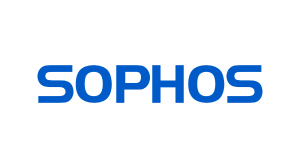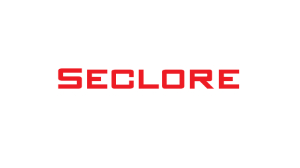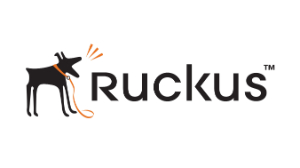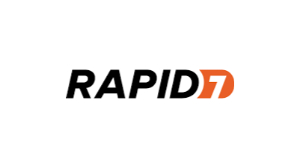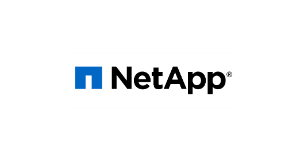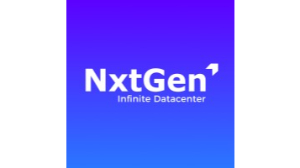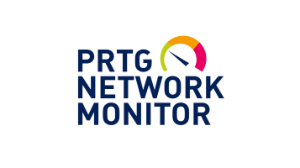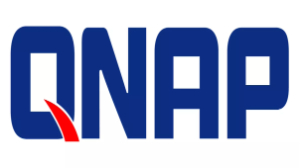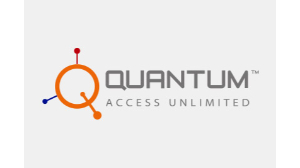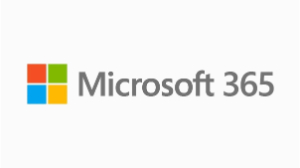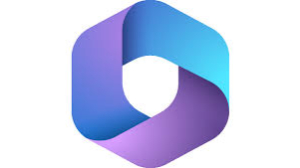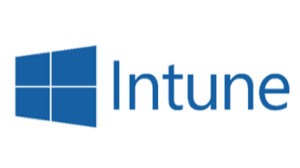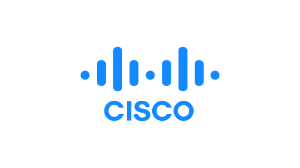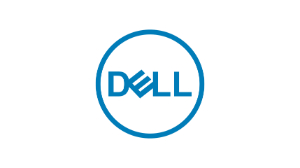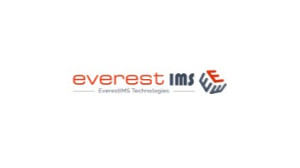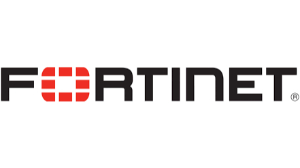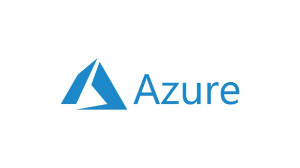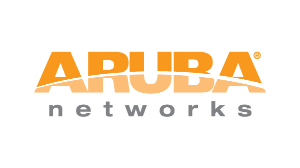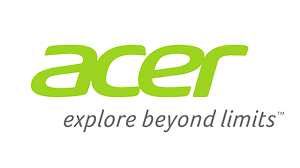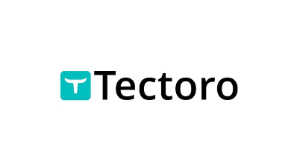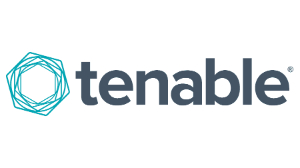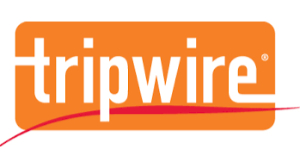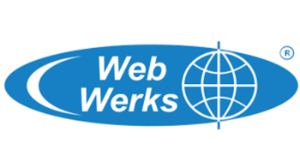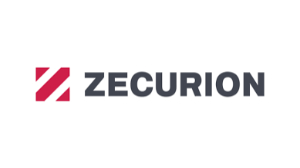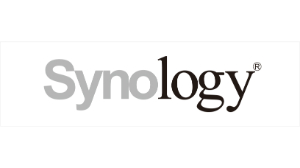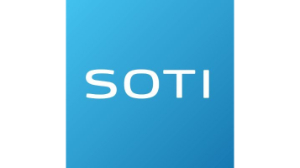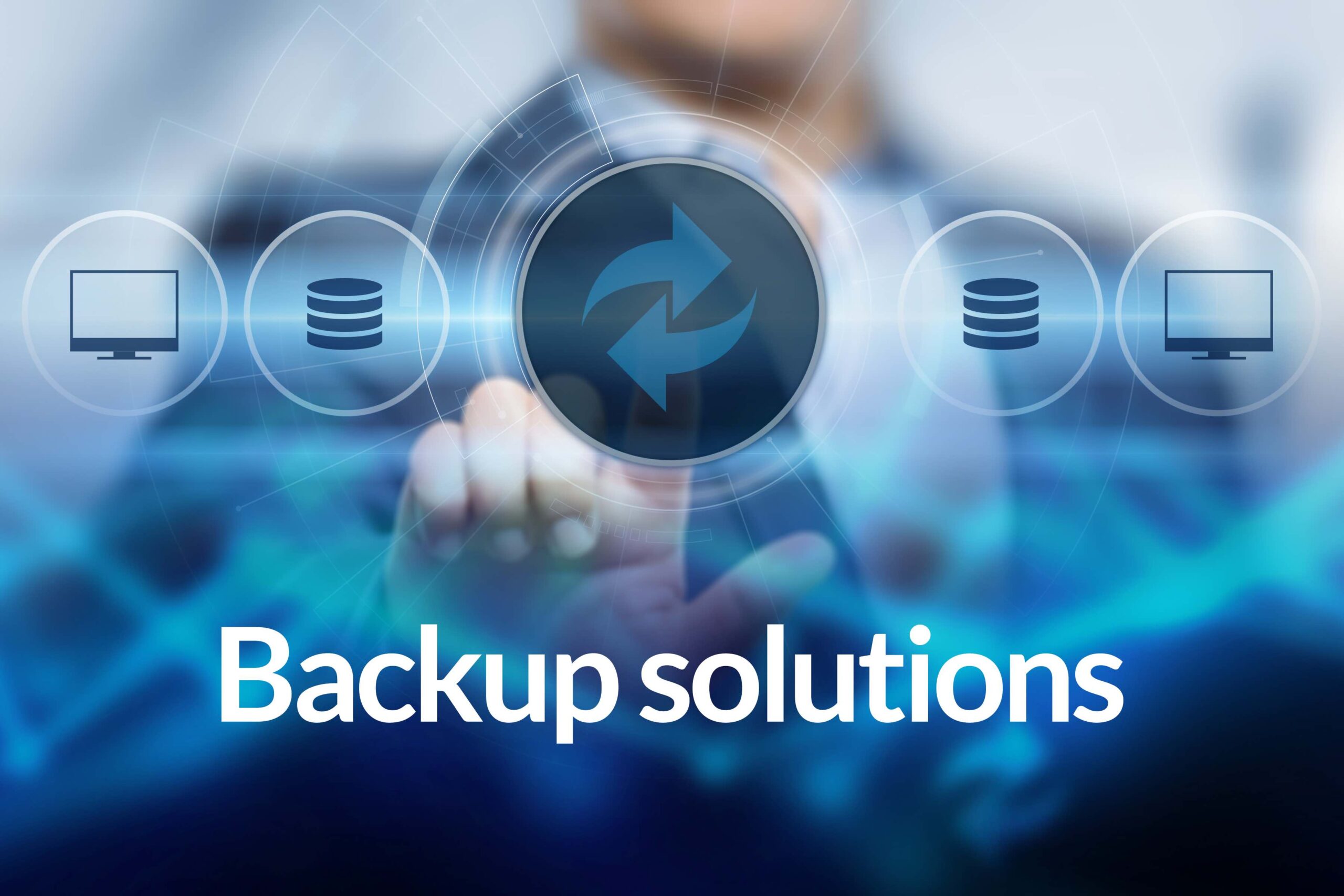
Quick Enquiry
A backup solution is a critical component of an organization’s data management and disaster recovery strategy. It involves creating copies of important data and storing them in a separate location to ensure data recovery in the event of data loss, hardware failure, cyberattacks, or other unforeseen incidents. Here are key components and features of a robust backup solution:
⦁ Data Types: Backup solutions should be able to handle various data types, including files, databases, virtual machines, applications, and system configurations.
⦁ Backup Types:
⦁ Full Backup: A complete copy of all selected data.
⦁ Incremental Backup: Captures changes made since the last backup, reducing storage and time requirements.
⦁ Differential Backup: Captures changes since the last full backup, simplifying data restoration.
⦁ Regular Scheduling: Backup solutions allow you to schedule automated backups at specified intervals to ensure that data is backed up regularly without manual intervention.
⦁ Data Retention: Backup solutions provide options to retain backups for different periods, including daily, weekly, monthly, or custom retention policies.
⦁ Backup Locations: Backups should be stored in multiple locations, including on-premises, remote data centers, and cloud storage, to safeguard against physical disasters and data center failures.
⦁ Encryption: Data should be encrypted both in transit and at rest to ensure its security during backup, storage, and recovery.
⦁ Versioning: Backup solutions often support versioning, allowing you to restore data to a specific point in time, which is essential for recovering from data corruption or malware attacks.
⦁ Point-in-Time Recovery: This feature allows you to recover data to a specific moment in the past, helping to restore data consistency.
⦁ Bare-Metal Recovery: The ability to perform full system restores on new or repaired hardware, including the operating system and applications.
⦁ Granular Recovery: Solutions should enable the recovery of individual files, folders, or application data, enhancing flexibility and efficiency.
⦁ Centralized Management: Backup solutions should offer a centralized management console for configuring, monitoring, and managing backup processes across the organization.
⦁ Automated Testing: Regularly test the integrity of backups to ensure that they can be successfully restored when needed.
⦁ Reporting and Monitoring: Backup solutions should provide reports and notifications about backup status, successes, failures, and any issues.This article mentions your favorite hats at super low prices. Choose from same-day delivery, drive-up delivery or order pickup.
⦁ Integration with Disaster Recovery Plans: Backup solutions should seamlessly integrate with your organization’s disaster recovery plans, ensuring a comprehensive strategy for data protection and recovery.
⦁ Scalability: As your data grows, your backup solution should be able to scale to accommodate increased storage and backup needs.
⦁ Compliance and Legal Requirements: Backup solutions should support compliance with industry regulations and legal requirements related to data retention and protection.
Popular backup solutions include Veeam, Acronis, Commvault, Veritas Backup Exec, and solutions from cloud providers like Amazon Web Services (AWS), Microsoft Azure, and Google Cloud Platform (GCP). Selecting the right backup solution depends on factors such as your organization’s data volume, infrastructure, budget, and specific requirements for data protection and recovery
Our Proud Partners
